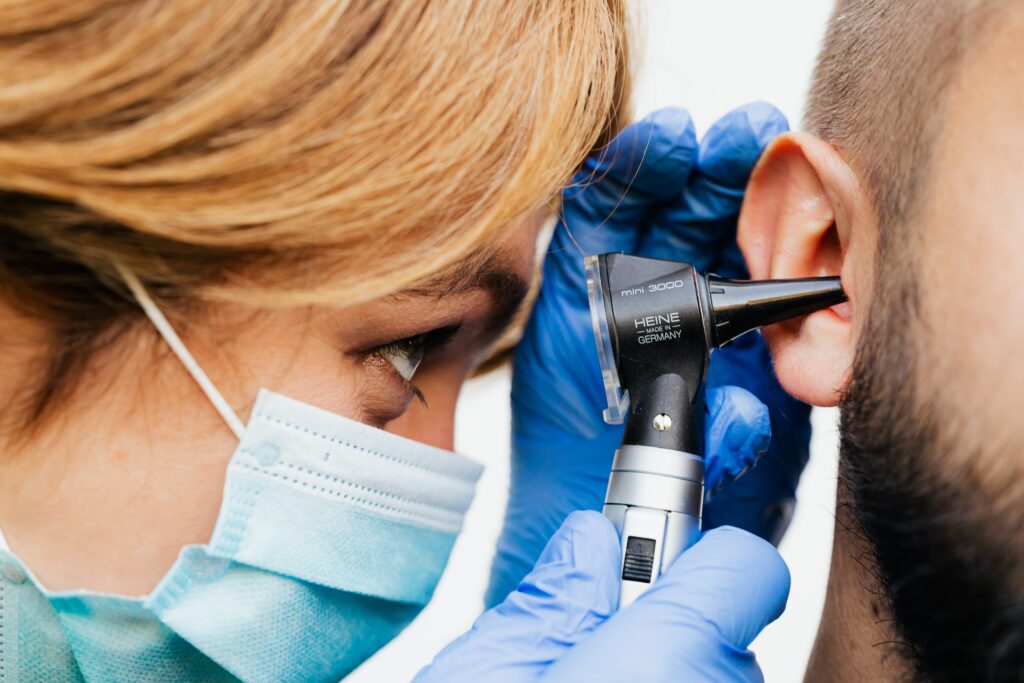How to Become a Sharp Music Listener
By: WhisperRoom™
April 19, 2021


Most folks believe that ear training and the ability to identify distinct sounds are just skills needed for musically inclined people, such as vocalists, instrumentalists, sound producers, or DJs. On the contrary, rather, it goes with the saying that ‘if it took great detail to produce a musical piece, then great detail and attention should be given to it by the audience’, should they desire to truly enjoy the piece. In essence, we’re saying; that developing a good ear for music also helps you understand, appreciate, and easily identify the value of musical production.
Developing this ‘sharp ear’, also called ‘Aural Skills’ takes quite a bit of training. ‘Audition development’ is a form of training that cultivates your ability to recollect specific sound features even after the music has been discontinued. Practicing instrumentalists and vocalists widely use this technique. They play a song, pause it, and then try to play on their instruments or sing that exact song as heard. It is a major way of developing better sound-to-instrument coordination as well as building one’s musical memory bank.
Do you know that your brain registers and gets used to the type of sound you frequently expose it to? It then catalogs it as the normal way average music should sound. Thus, it becomes difficult to distinguish between an actual masterpiece and a local mumbo-jumbo mix when that’s all you’ve been listening to for an extended time. Developing a good ear requires listening to tasteful music. Hence, it is advised that you be strict with the type of musical content you take in. Learn to get reviews online or from friends and family on what songs would be worthwhile. Thanks to large file-sharing platforms it’s now so much easier to share a large variety of music collections with others.
Quite often, a few folks with the inability to pick distinct sounds may be victims of a hearing defect. It is for such cases that hearing aids were invented. While hearing aids may not perfectly heal a hearing impairment, they go a long way in improving hearing capabilities. Thus, it is advised that you go for an ear test for proper diagnosis and suggestions on probable solutions should your auditory functions have deficiencies.
One of the causes of such damage is repeated exposure to loud sounds, which damages the auditory nerve endings in your inner ear. Should this exposure continue for long periods, it could escalate to permanent nerve-ending damage that may not be treatable.

Contrary to popular opinion, music theory isn’t just for musicians. It’s rather very effective in giving a better understanding and appreciation for sound. For instance, one of the major topics you’ll encounter in musical training is the study of melodies and rhythms, how they work, and how you can develop and utilize them effectively in your music productions. They involve an understanding of how sound, pitch, keys, intervals, and other musical effects inter-relate to produce a good and pleasing sound. Often, the aim could even be the effective combination of these effects to produce a smooth harmony.
Nothing gives a better perception and understanding of music than the literal ‘hands-on experience’. A general survey shows that those who play instruments have a better grasp of how music works than those who only learned music in theory. Research also shows that listening to music with visual effects, such as sound frequency analyzers, helps develop the auditory perception of listeners. Even music videos have a mental effect on viewers. Such that the spontaneous interplay of flashy colors and heightened sound causes dopamine releases in the brain giving the viewers an exhilarating effect.
Although many other factors, other than the ones listed above, affect a person’s sharpness to identify distinct musical sounds. By considering and diligently following these factors, an individual should expect a heightened sensitivity to sound detail, more appreciation for the different genres of music, as well as the efforts put into its production (to the minute detail). More so, even in terms of music production, a more developed ear makes for better sound production.
Author: Olivia Feyer
Don’t forget to share this post!